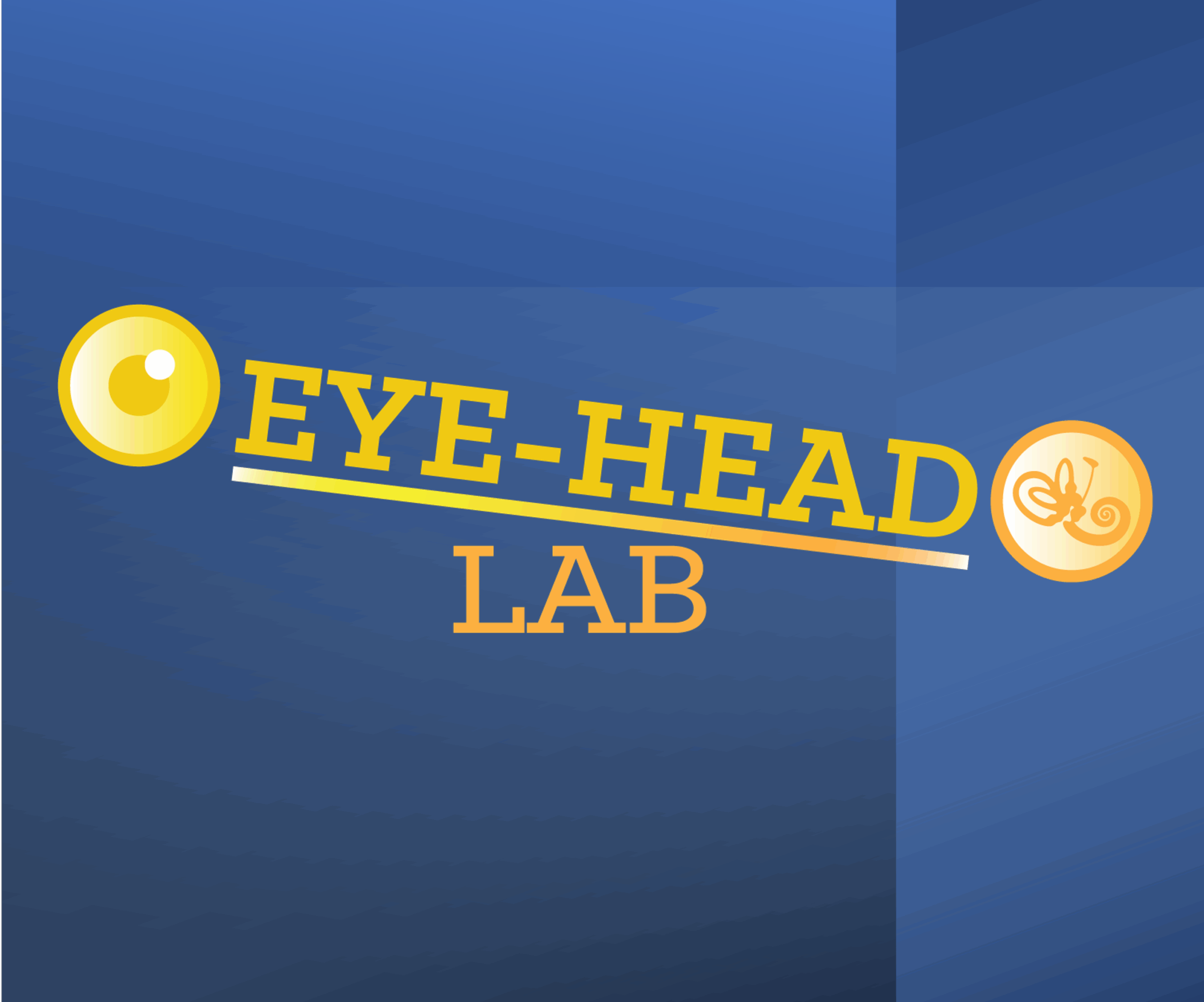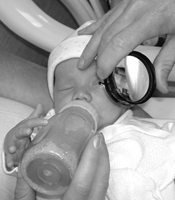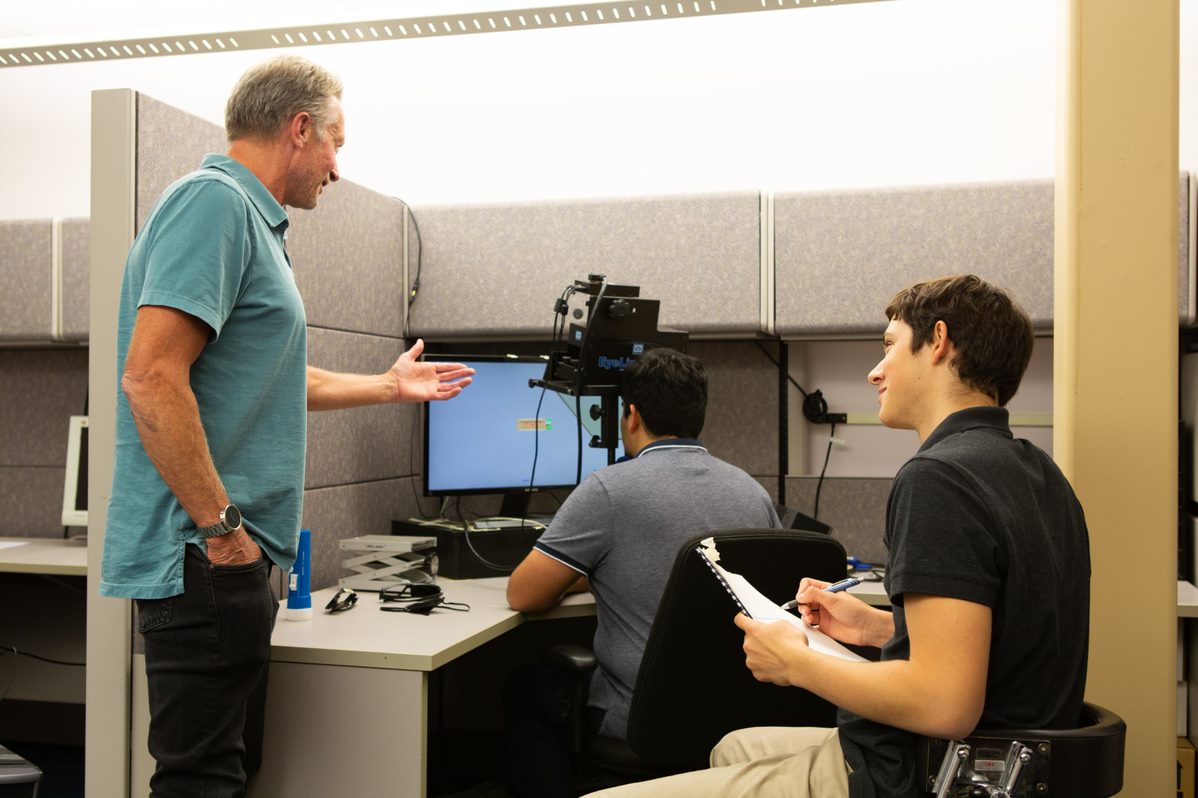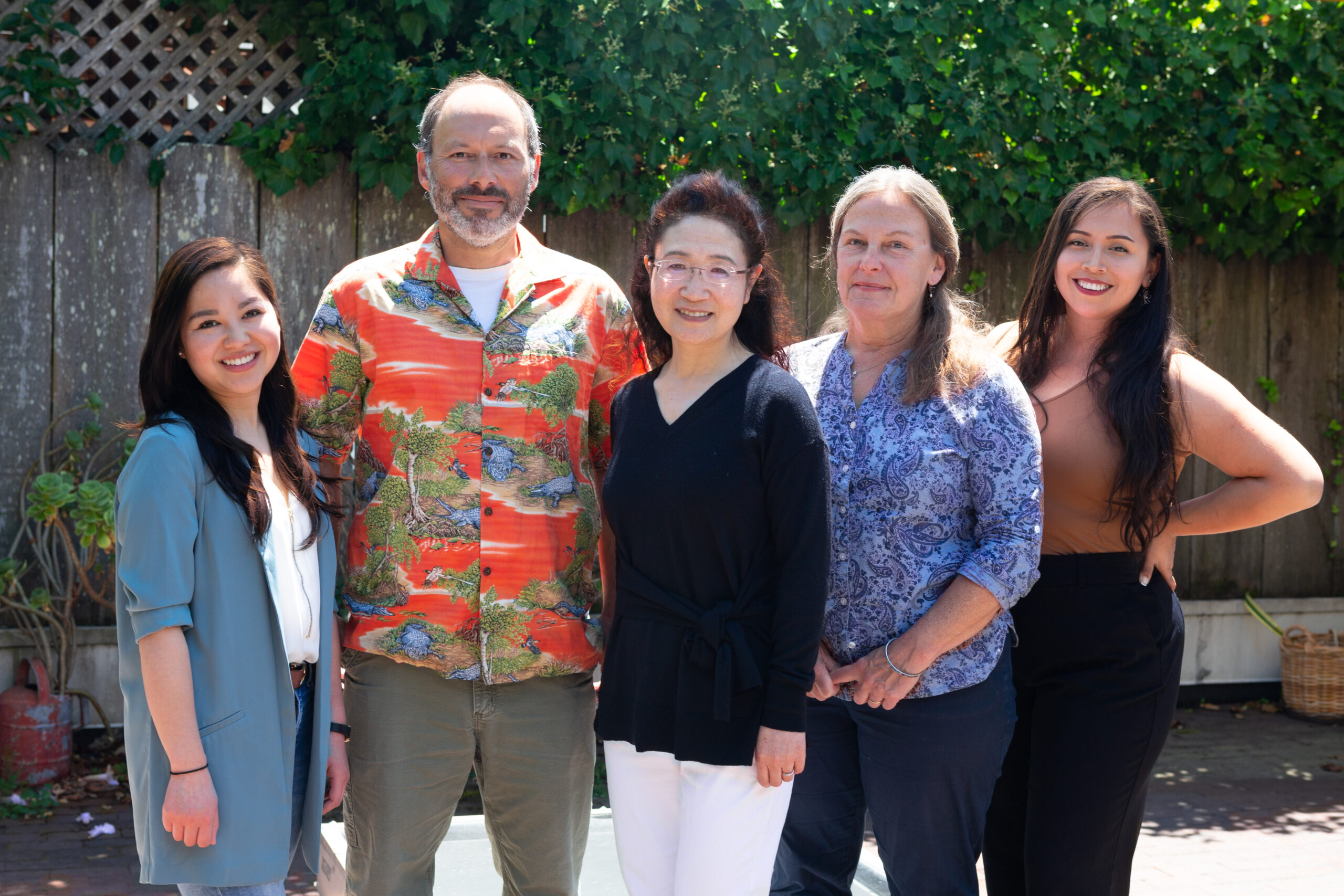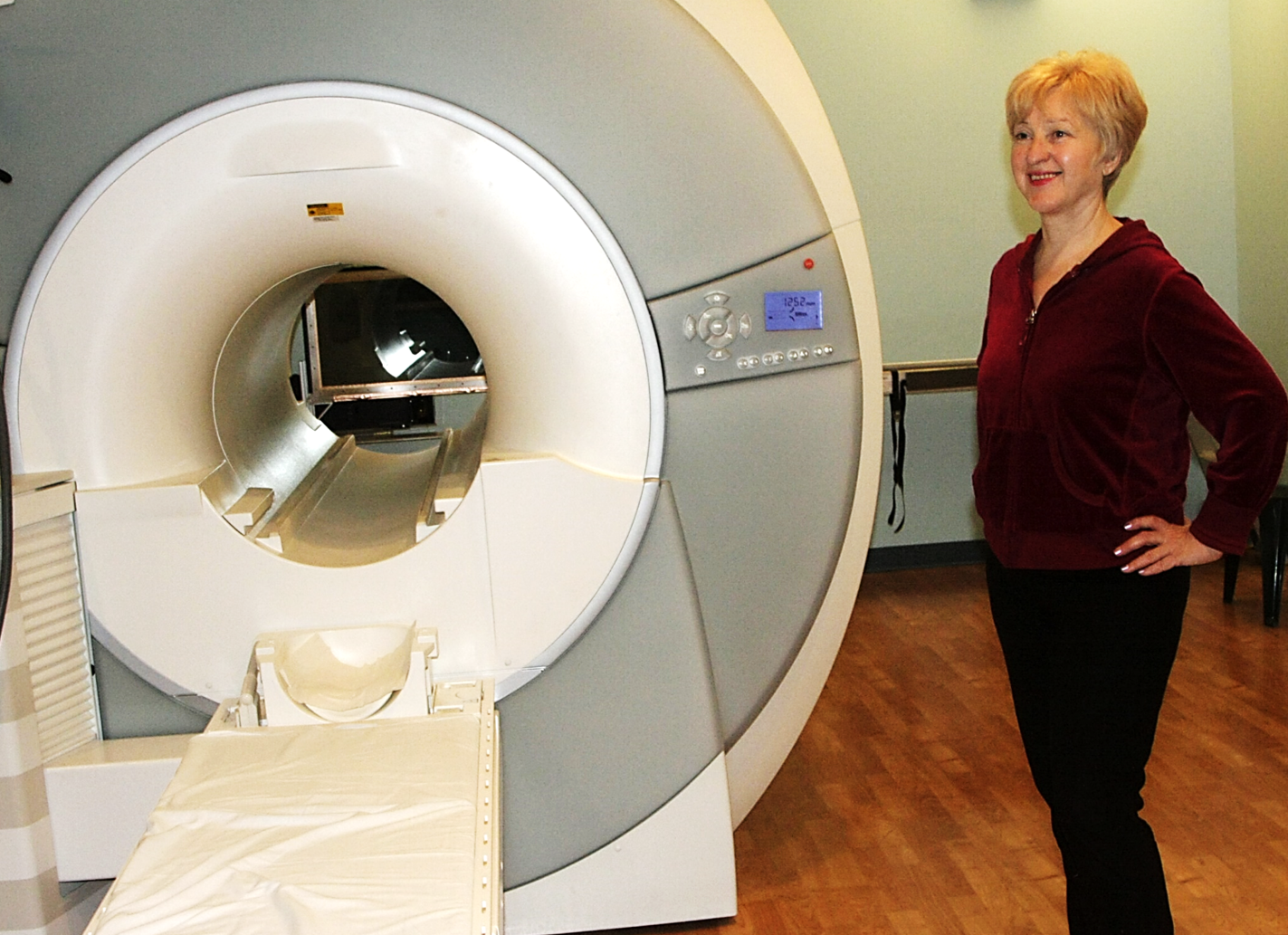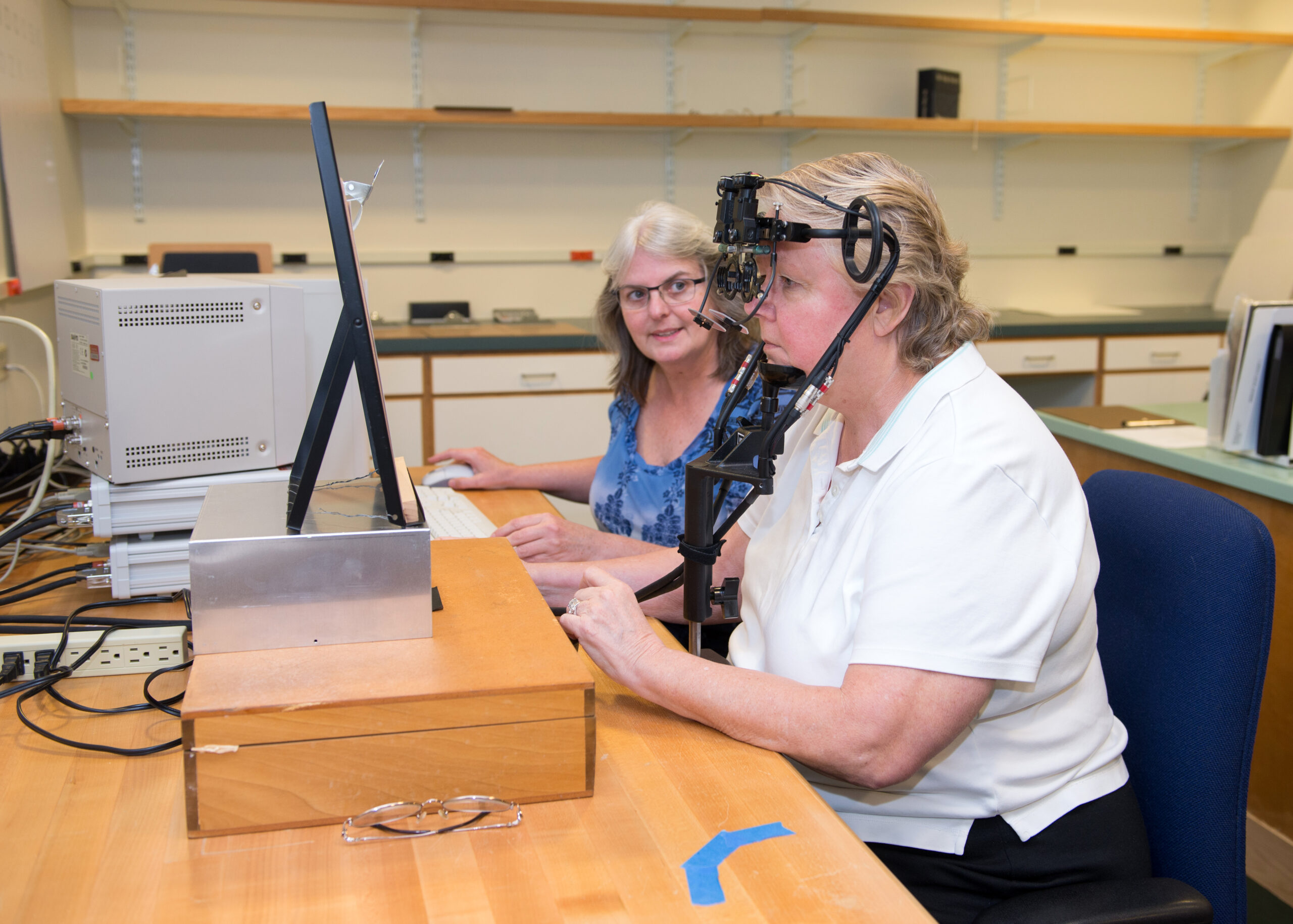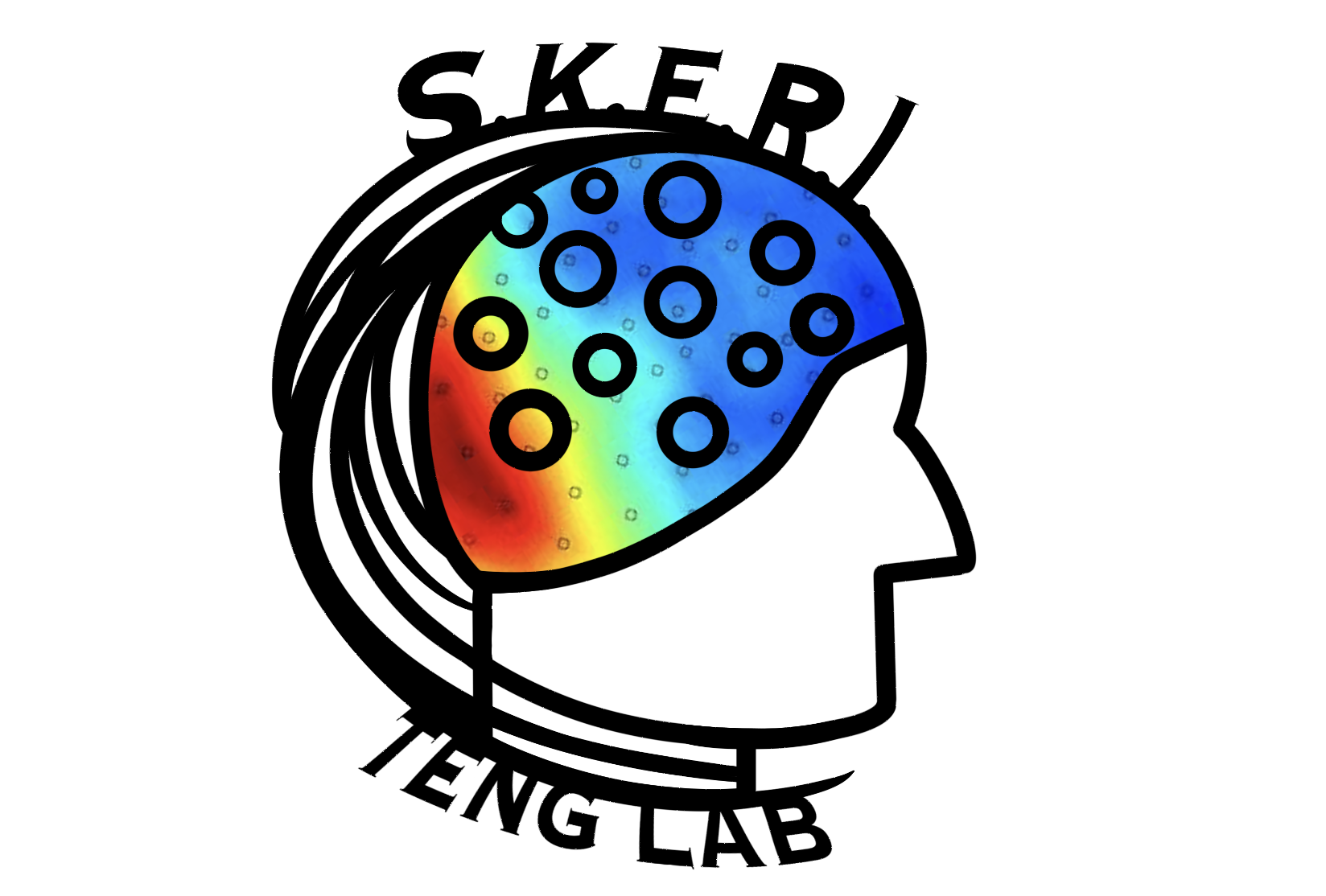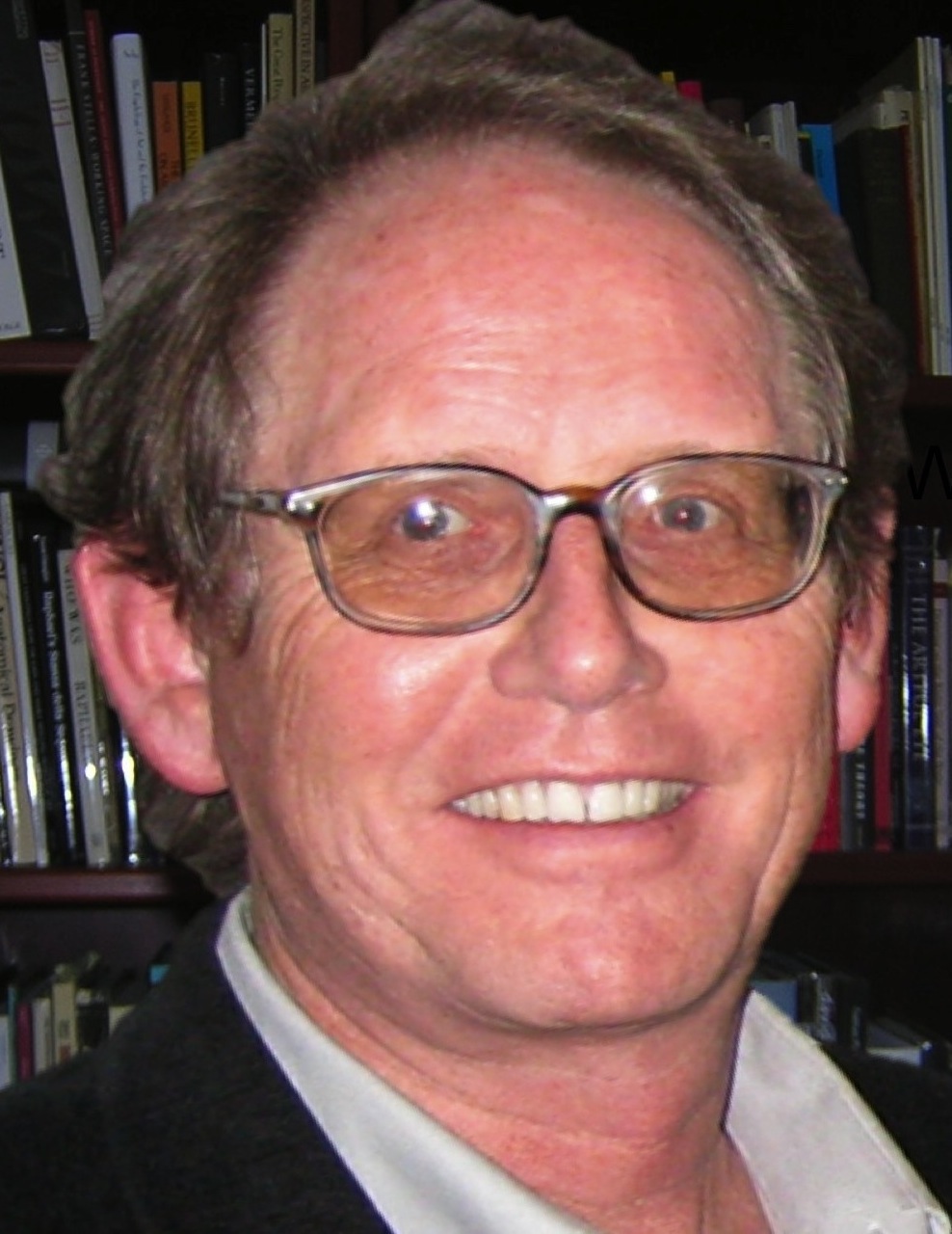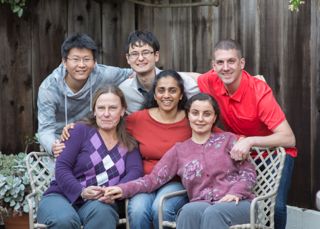Title
Coughlan Lab
The goal of our laboratory is to develop and test assistive technology for blind and visually impaired persons that is enabled by computer vision and other sensor technologies.
Eye-Head Movement Laboratory
Our laboratory is interested in the mechanisms of eye and head movement and coordination and how those mechanisms are altered when visual or vestibular inputs are compromised.
Heinen Lab
Our laboratory studies eye movements to understand basic neural circuitry that moves the eyes for clear vision, and as a tool to probe mental processes that are distinctly human. Our ultimate goal is to understand the substrate of neurological function and dysfunction, leading to development of non-invasive diagnosis and therapy for brain trauma and psychiatric disorders.
Hou Lab
The research in my lab focuses on the sensory processing in binocular vision and its disruption by amblyopia and strabismus. The current project is to use EEG source imaging combined with psychophysics and pupil tracking to investigate the role of selective visual attention in interocular suppression, as well as the spatial and temporal dynamics of visual processing in people with disrupted binocularity.
Likova Lab
The main areas of my research are learning and brain plasticity of multimodal sensorimotor processing in the blind and the sighted.
Teng Lab
We aim to better understand how people perceive, interact with, and move through the world, especially when vision is unavailable. To this end, the lab studies perception and sensory processing in multiple sensory modalities, with particular interests in echolocation and braille reading in blind persons. We are also interested in mobility and navigation, including assistive technology using nonvisual cues. These are wide-ranging topics, which we approach using a combination of psychophysical, neurophysiological, engineering, and computational tools.


